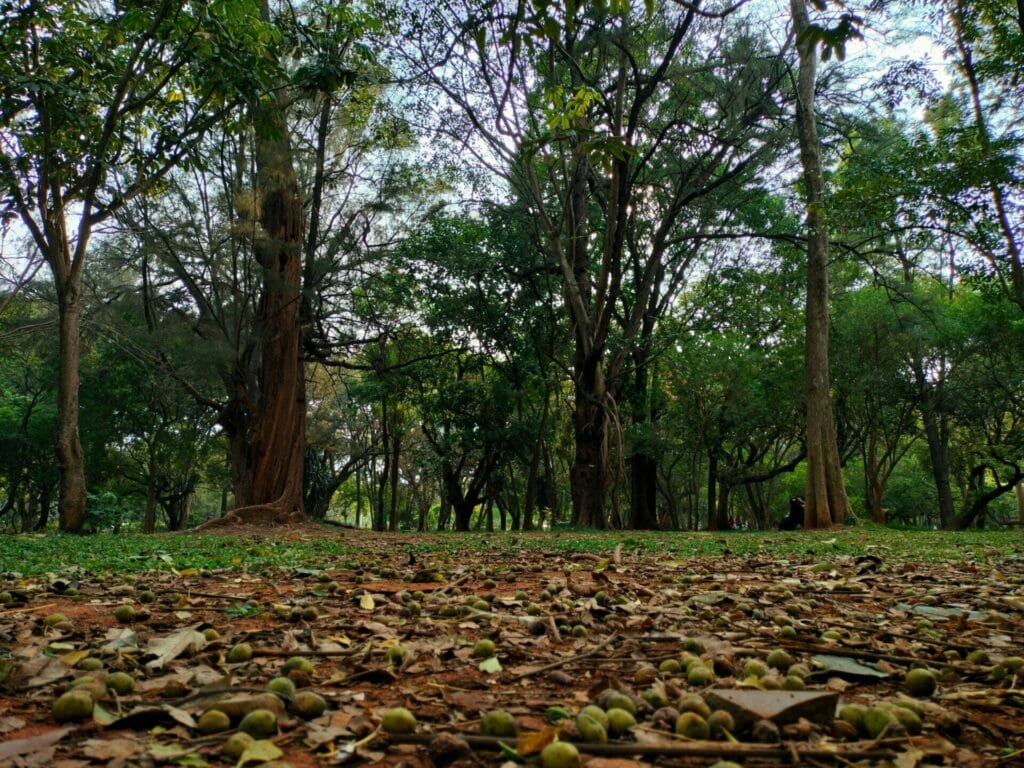257 water crisis zones in the city
The Bangalore Water Supply and Sewerage Board (BWSSB) has identified 257 areas facing potential water scarcity. Poor monsoons have led to a significant drop in the water table, with 1,240 out of 10,995 borewells expected to dry up soon. To meet the shortfall, an extra 1,680 million litres of water per day (MLD) is needed. Hence, the BWSSB is planning to make up for the water shortage with its 60 tankers, 120 private tankers and high awareness programmes.
Almost 20% in the city get water from tankers due to increasing scarcity in the state, said Deputy Chief Minister D K Shivakumar, who is also the Development Minister, in the Assembly. More than 5,000 houses are dependent on borewells for their water, he said.
He added that since 2017, the BWSSB is providing 10,000 litres of water per month in 103 slums. Yet, increasing the area of supplying Cauvery water is affected by issues such as revision of water fare. He said that for 11 years water rates have not risen in spite of the hike in power bills and other expenditure.
Source: Bangalore Mirror, Indian Express
First driverless Namma Metro train
The first-ever driverless train for Namma Metro arrived at the Hebbagodi depot near Electronics City on February 14th, according to the Bangalore Metro Rail Corporation Limited (BMRCL). The six coaches of the train for the 19.15-kilometre Yellow Line had arrived. They were shipped from Shanghai to Chennai and then transported by road to Hebbagodi depot.
The six-coach trainset will conduct trial runs on the Yellow Line, connecting RV Road with Bommasandra via Jayadeva Hospital, Silk Board Junction and Electronics City. Two more trains are expected by May and two trains every month after that. Eight trains can start the Yellow Line in the third quarter this year.
Meanwhile, groundwork will begin on Namma Metro’s Phase 3, as the BMRCL seeks more than Rs. 1,000 crore for work related to two new lines.
Source: Deccan Herald, The Hindu
Read more: Utilise treated wastewater: Bengaluru’s first water balance report
BBMP drafts new ad policy
Commercial hoardings will soon be back, as the Bruhat Bengaluru Mahanagara Palike (BBMP) drew up a new policy to replace a six-year-old bylaw banning outdoor advertisements. It follows one year of the High Court’s ruling in favour of outdoor ads on private premises, with some restrictions.
The BBMP will put out tenders of advertisement rights to the highest bidder. The fee as well as the size of the hoarding will be finalised, based on the road width. As hoardings would not be allowed on footpaths, advertisers might negotiate with private property owners. The new advertisement policy is expected to get the BBMP Rs. 500 crore annually.
Source: Deccan Herald
Cry against HC annexe in Cubbon Park
Citizens’ protests and ire over the plan to build a 10-storeyed annexe to the High Court on Cubbon Park has made the Public Works Department and Horticulture Department search for alternatives. Sources in the Horticulture Department said that it might not be feasible to construct the annexe inside the park following the protests.
On February 11th, a number of citizens, the Cubbon Park Walkers Association (CPWA) and environmentalists opposed the construction of the annexe building, even though a division bench denied it in 2019. It is feared that the annexe would encroach and cause ecological imbalance.
Heritage Beku, a pro-conservation group, has started an online petition to stop the project. An official from the Horticulture Department argued that the building would set a bad precedent for other builders.
However, the ban on vehicles on the second and fourth Saturdays of every month inside the park will be revoked. The proposal of the traffic police to allow vehicles on an experimental basis for three months will be permitted to decongest parts of the Central Business District.
Source: The Hindu, Indian Express
Read more: Citizen groups in Bengaluru celebrate milestone years of progress and impact
Automatic signalling system
The Railway Board has approved the South Western Railways’ proposal to install an Automatic Signalling System in order to boost line capacity.
Automatic signalling works will be permitted in the following areas:
- Bangalore city – Yeshvanthpur–Yelahanka for 17.75 km
- Yeshvanthpur – Arasikere section for 160.65 km
- Lottegollahalli – Hosur section for 63.6 km
- Whitefield – Jolarpet section for 119 km
- Baiyyappanahalli – Penukonda section via Channasandra for 139.8 km
- Bangalore city – Mysuru for 138.25 km
Hence, six projects over 639.05 kms have been approved for Rs. 874.12 crore. It will enable the seamless operation of additional trains at shorter intervals. It would enable management of the growing demands of commuters, freight traffic and fostering economic development.
Source: Indian Express
[Compiled by Revathi Siva Kumar]
